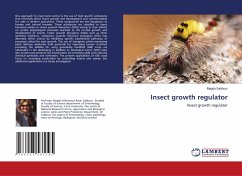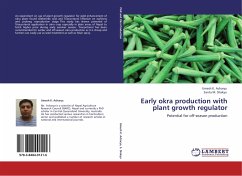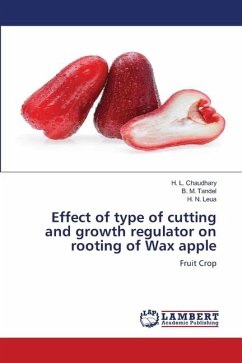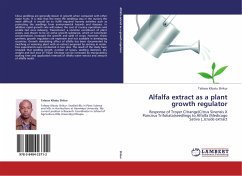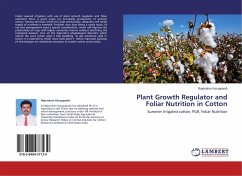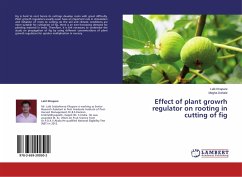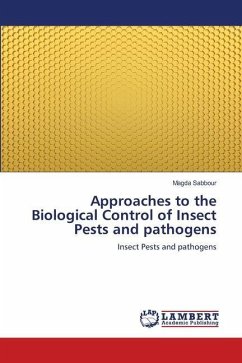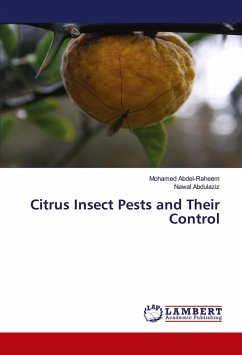One approach to insect pest control is the use of high specific substances that harmfully affect insect growth and development and commercialized for uses in modern agriculture. These compounds are less dangerous to human and natural enemies. These substances are classified as insect hormone mimics or insect growth disruptors (IGDs) owing to their effects on certain physiological processes essential to the normal growth and development of insects. Insect growth disruptors (IGDs) such as chitin synthesis inhibitors, ecdysones, juvenile hormone analogues (JHA) may adversely affect insects by inhibiting specific biochemical pathways or processes critical for pest growth. The use of transgenic plants expressing plant defense molecules hold potential for improving human nutrition providing the abilities for using genetically modified (GM) crops are obtainable in the developing in addition to developed world. (GM) crops also protect and preserve the environment by increasing yield and reducing chemical pesticides and herbicides. The present applications of GM crops focus on increasing production by controlling insects and weeds, but additional applications are being investigated.

